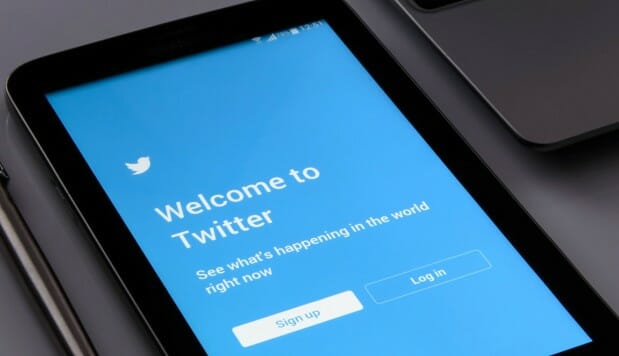Why We Should All Care About the Future of Twitter

Between Instagram, Snapchat, and Facebook, Twitter is the social platform that is having the worst year (er, years) by far.
The platform’s feed is often uncontrollably filled with harassment, threats, and crude language. The company has come under fire for reportedly censoring tweets and removing trending hashtags. It hasn’t really done anything interesting to the product besides adding a new timeline that inadvertently angered its community. Brands and advertisers don’t find it that useful compared to other platforms. Young people can’t quit their day jobs to become “Twitter stars” in the way they can quickly become influencers on Instagram or Snapchat.
Plus, it’s not making much money, which might be why the company is about to lay off 300 employees (it’s second time making such a huge cut) with the majority of said employees being workers from their sales department. What’s more, the company also decided to shut down Vine, its short-video app.
To say the least, Twitter isn’t doing very well. The once popular social networking service has been falling behind in the social world and even though people still use it, it seems Twitter can’t escape all the negativity that has turned both investors and users away.
You might be wondering: so what? Who cares about Twitter anymore and why does it matter if it gets bought or closes its doors? As it turns out, what happens to Twitter does matter.
What exactly is happening to Twitter?
The past month has been quite the rollercoaster as potential buyers suited the company. News reports have been going back and forth about whether or not the company is for sale, has already been purchased or is no longer on the market. Currently, it seems the company will standalone when it releases its earnings statements on Thursday morning.
At first, everything seemed to be going really well for Twitter. Though it never publicly stated it was seeking a buyer, it was doing well on the stock market and received interest from many notable companies—Google, Disney and even Apple—hoping to outbid each other to take it over. But, right now, Twitter’s stock sits at $18, which is an enormous plunge for the company that was previously worth $31 billion when it first went public in November 2013.
Now, unless Salesforce (the lowly suitor still considering a buy) ends up with Twitter, the company will either try to make it on its own, or #RIPTwitter could be trending one last time.
The ability to tweet shouldn’t be taken for granted

-

-

-

-

-

-

-

-

-

-

-

-

-

-

-

-

-

-

-

-

-

-

-

-

-

-

-

-

-

-

-

-

-

-

-

-

-

-

-

-









































